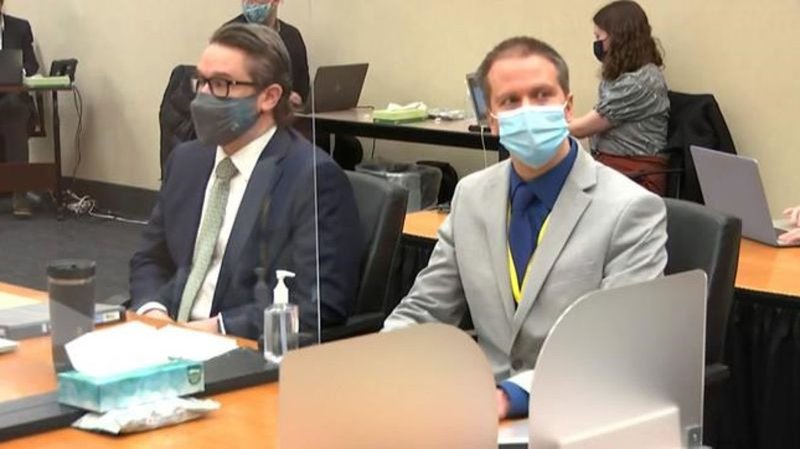
Out of sight but centre stage, jurors weigh Chauvin’s fate
MINNEAPOLIS — The jurors who sat off-camera through three weeks of draining testimony in Derek Chauvin’s murder trial in George Floyd’s death were in the spotlight Tuesday, still out of sight but now in control of verdicts awaited by a skittish city.
The jury of six white people and six people who are Black or multiracial resumed deliberations in the morning.
Anonymous by order of the judge and sequestered now until they reach a verdict, they spent just a few hours on their task Monday after the day was mostly consumed by closing arguments in which prosecutors argued that Chauvin squeezed the life out of Floyd last May in a way that even a child knew was wrong.
The defence contended that the now-fired white officer acted reasonably and that the 46-year-old Floyd died of a heart condition and illegal drug use.


